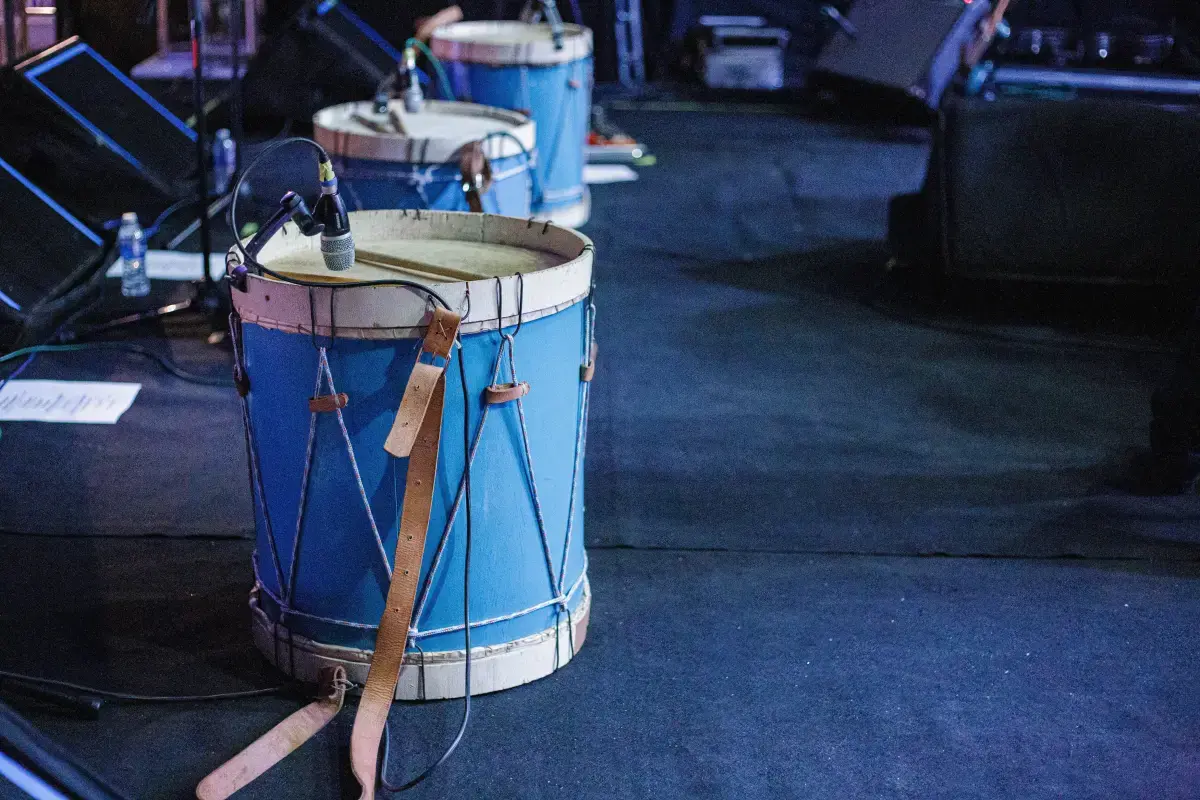
Music Historian Job Description
What is a Music Historian Professional?
A music historian is someone who studies the history of music, often with the aim of writing about it or teaching others about it. Music historians typically focus on a particular period, genre, or artist, and their work often involves close analysis of musical texts and contexts. As academic disciplines, music history and historical musicology are relatively young. They emerged in the late th century, when scholars began to look back at music from earlier periods with more critical eyes. The first major histories of Western art music were published in the early 20th century, and since then numerous other overviews and detailed studies have appeared.

What does a Music Historian Expert do?
Today, music history is studied at universities and conservatories around the world. It is also a popular topic among amateur musicians and general audiences alike. Whether you are interested in learning about ancient Greek melodies or the latest pop trends, there is a music historian out there who can help you understand what you’re hearing.

What are the Skills of a Music Historian?
In order to become a music historian, one must first possess a great love and appreciation for music. This is essential in order to have the necessary passion for delving into the complex and sometimes difficult history of music. Furthermore, a music historian needs to be proficient in musical theory and composition in order to have a greater understanding and appreciation for the works they study. Furthermore, it is also important for a music historian to have excellent writing skills so that they can communicate their ideas clearly and effectively when publishing papers or books on their findings.

What makes an Expert Music Historian?
In addition, a music historian needs to have good research skills in order to find information on specific topics. They must be able to read sheet music, as this will often be used as a primary source of information. Finally, they should have strong writing skills in order to communicate their findings effectively.

What level of Experience & Qualifications are required to be a Music Historian?
Industry experience – Broad knowledge of the music industry, including its history and trends, as well as a deep understanding of musical genres and eras. 2. Training – Formal training in music theory, composition, performance or production is essential for those interested in becoming an expert historian. 3. Qualifications – A degree in music or a related field such as ethnomusicology is preferred by many employers; alternatively, gaining professional qualifications from organizations like the British Academy of Songwriters and Composers (BASCA) may be beneficial to secure employment opportunities within this field. 4. Education – Extensive research into various musical styles and periods is required for those wanting to become experts on particular topics; reading specialist texts alongside attending lectures/seminars can help develop expertise in this area further still.

What is the Salary of a Music Historian?
The salary expectations for a music historian at the junior level can vary significantly depending on experience, location, and employer. Generally speaking, entry-level positions may offer salaries between $30,000 and $45,000 per year. This range increases as one gains more experience in the field. At the mid-level of a music historian’s career, salaries may range from around $50,000 to approximately $75,000 annually. These figures depend upon additional factors such as education level or type of organization employing the individual (e.g., university vs non-profit). Finally, those with many years of experience in this area may earn anywhere from $80K to over six figures depending on their credentials and position within an organization. Senior staff members typically have extensive knowledge in multiple areas related to music history; they also often teach classes or mentor students while overseeing research projects or other initiatives related to the field.

What are the Working Conditions for a Music Historian?
General working conditions for a music historian involve researching, studying and analyzing musical works from different time periods. This work can be done in an academic setting such as a university or college, or it can be conducted independently. Music historians must have strong knowledge of music theory and history, as well as excellent communication skills to effectively communicate their findings. They should also possess good organizational skills to manage research projects and keep records of findings. Music historians typically spend long hours reading, researching and writing about the pieces they are studying. They may use physical books or digital sources such as online archives to access information on specific composers or works of art. A large amount of independent study is usually required since most research involves going through various source materials in order to gain an understanding of how the pieces were composed and what elements make them unique. Music historians may also attend conferences or festivals related to their field in order to stay up-to-date with new developments in the world of musicology. In addition, some music historians may need to travel both domestically and internationally for research purposes depending on the scope of their project(s). Other tasks that might be associated with this profession include teaching classes at universities/colleges; curating museum exhibitions; organizing programs for public events; producing recordings; publishing articles/books based on their research findings; providing expert consulting services; giving lectures/presentations at special events (e.g., symposiums); collaborating with other experts in the field (e.g., performers); attending meetings related to one’s area(s)of expertise etc..

What are the roles and responsibilities of a Music Historian?
To study and document the history of music and musical traditions
To provide accurate and objective information about music and musicians
To analyze the influences of different music genres on society and culture
To study the relationship between music and other art forms
To examine how changes in technology have affected the way music is created, performed, and distributed
To investigate how socio-political factors have impacted the development of music throughout history
To explore how economic factors have influenced the production, consumption, and dissemination of music
To understand how religion has shaped various musical traditions around the world
To assess the impact of war on various musical traditions
To evaluate how race, gender, sexuality, class, and other social identities have intersected with musical activity throughout history
To investigate the origins of various musical genres, styles, and traditions
To trace the development of specific musical instruments and technologies over time
To study the lives and works of important composers, musicians, and other music industry figures
To analyze the lyrics of songs for their social and cultural meaning
To examine the role of music in religious ceremonies and rituals
To explore how music has been used as a tool for political propaganda throughout history
To consider how economic factors have influenced the production, distribution, and consumption of music over time
To investigate how ideas about childhood, adolescence, adulthood, aging, and death have been expressed through music across cultures
To evaluate how concepts such as nationality, ethnicity, and regionalism have shaped musical activity around the world
to assess the role that technology has played in shaping both the form and content of music throughout history

Where can I find Music Historian jobs?
- Create a profile on gigexchange and promote your Music Historian skills to advertise you are Open to New Work Opportunities
- Ensure your Resume (or CV), or online work profile is up to date and represents your skills and experience. Ensure your reputation reflects your ability & attitude.
- Apply for Music Historian Jobs advertised on gigexchange.
- Practise Music Historian interview techniques to ensure you represent your personality and ability succinctly and confidently.
- Accept the job offer if the salary meets your expectations and the employer mission and purpose reflects your core values.
Jobs
What are the best job boards for Ethnomusicologist jobs?

How can I hire Music Historian staff online for my business?
The best job board for recruiting Music Historian experts is gigexchange.com. Advertise full-time, part-time or contract jobs to find, hire & recruit trusted, experienced and talented Music Historian candidates near you.

Are Music Historian roles in demand in 2026?
Music Historian experts are still in high demand in 2026. If you are an experienced Music Historian or looking to train and become one. The job market is looking strong for Music Historian jobs near me.